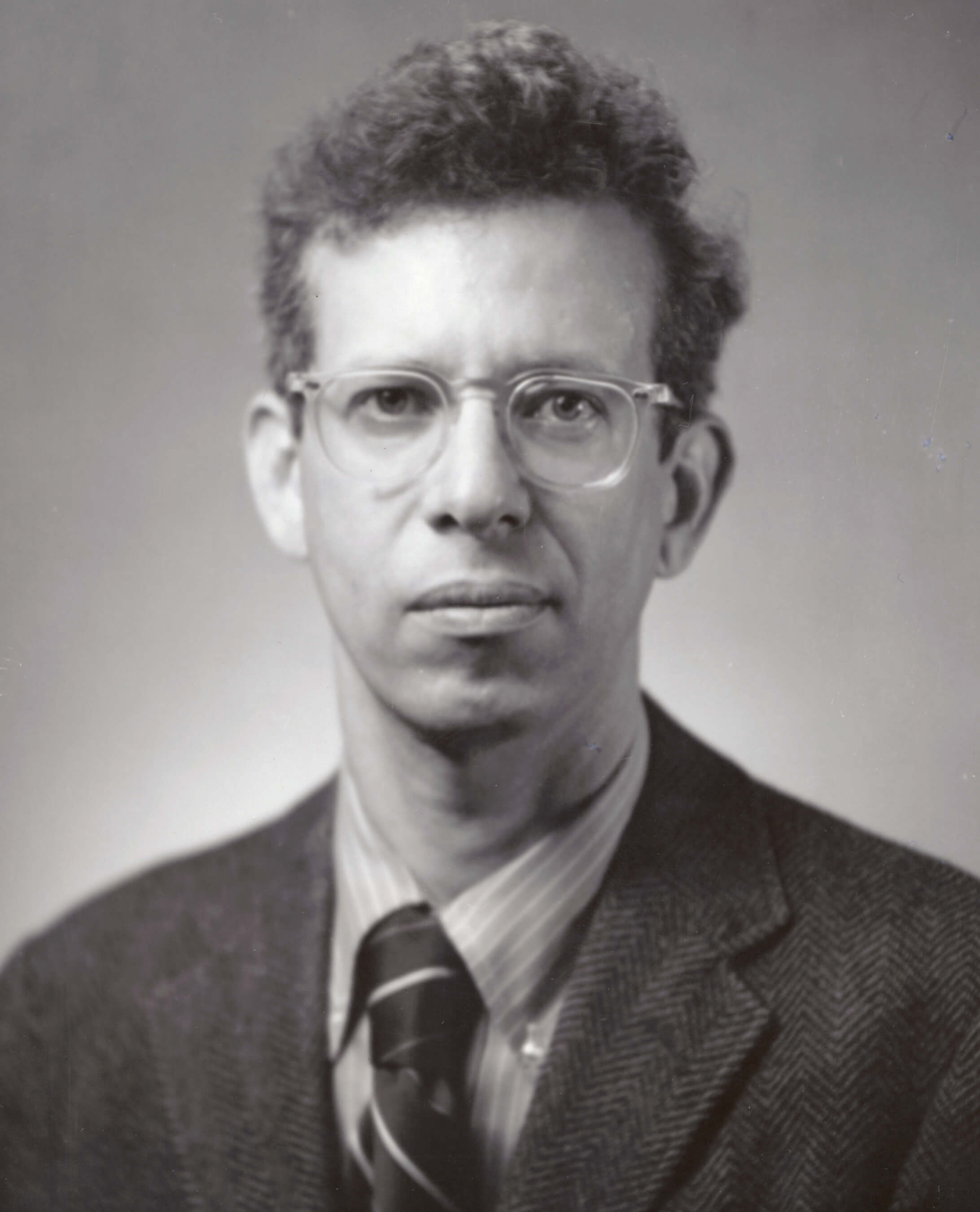Howard Temin received his bachelor’s degree in biology from Swarthmore College in 1955 and his doctorate from the California Institute of Technology in 1959. In 1960, Temin became an assistant professor at the University of Wisconsin–Madison, in the McArdle Laboratory for Cancer Research. Over the years, he held various positions at the university, including associate professor, full professor, Wisconsin Alumni Research Foundation Professor of Cancer Research, and American Cancer Society Professor of Viral Oncology and Cell Biology.
During his tenure at UW–Madison, Temin was best known for his discovery of reverse transcriptase. He won a Nobel Prize in

Physiology or Medicine in 1975, along with David Baltimore and Renato Dulbecco, for describing how tumor viruses act on the genetical material of the cell through reverse transcriptase. The discovery of reverse transcriptase is one of the most important of the modern era of medicine, as reverse transcriptase is the central enzyme in several widespread human diseases such as Hepatitis B and HIV, the virus that causes AIDS. Reverse transcriptase is also an important component of several important techniques in molecular biology and diagnostic medicine, such as the polymerase chain reaction (PCR).
In addition to the Nobel Prize, Temin received numerous awards in recognition of his work, including nine honorary degrees, the Bertner Award, the Albert Lasker Award in Basic Medical Research, and the National Medal of Science in 1992. Temin was elected to the prestigious National Academy of Sciences in 1974.
